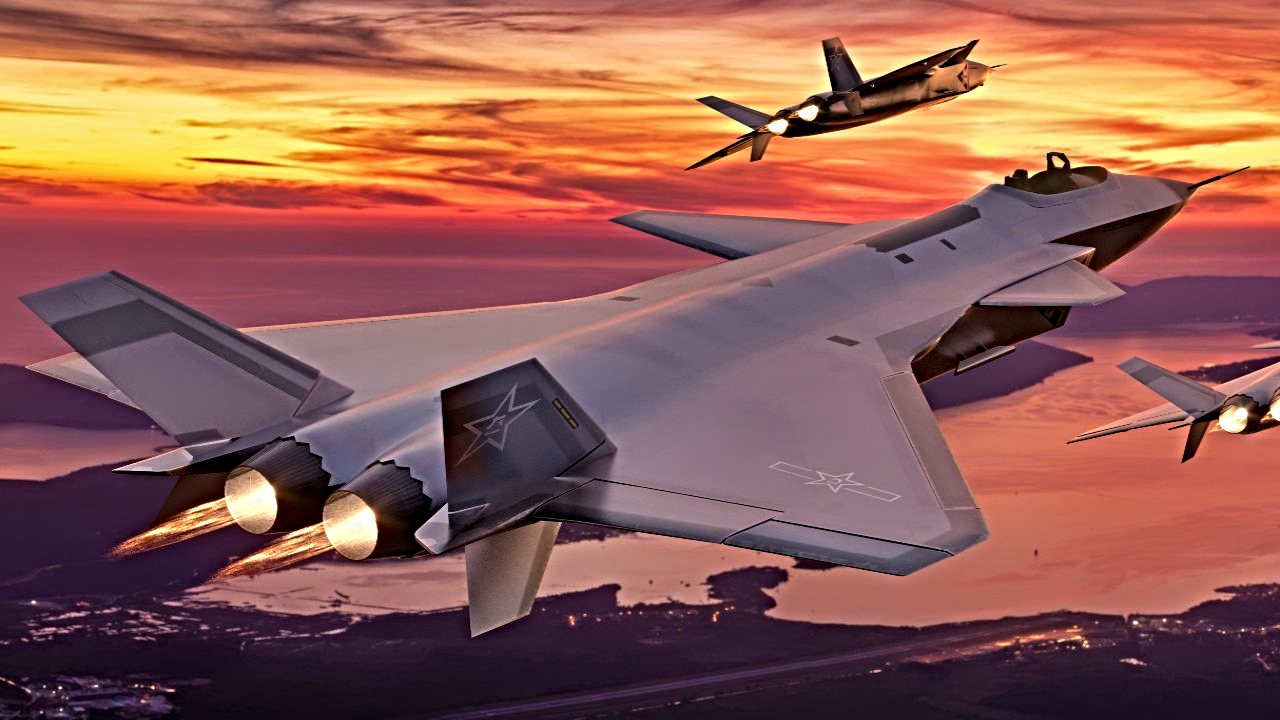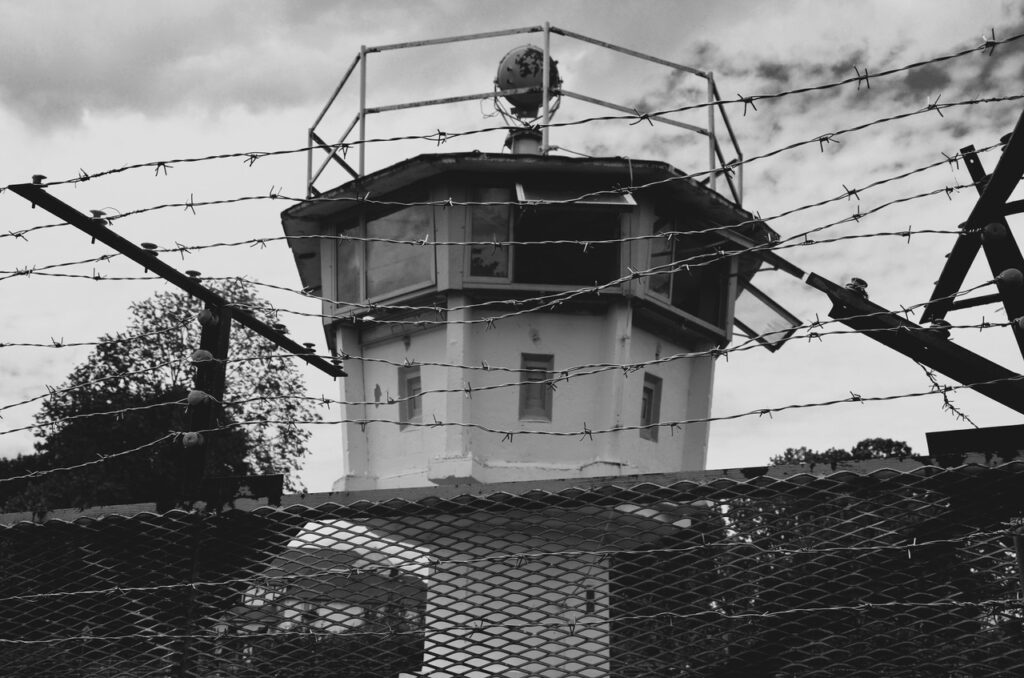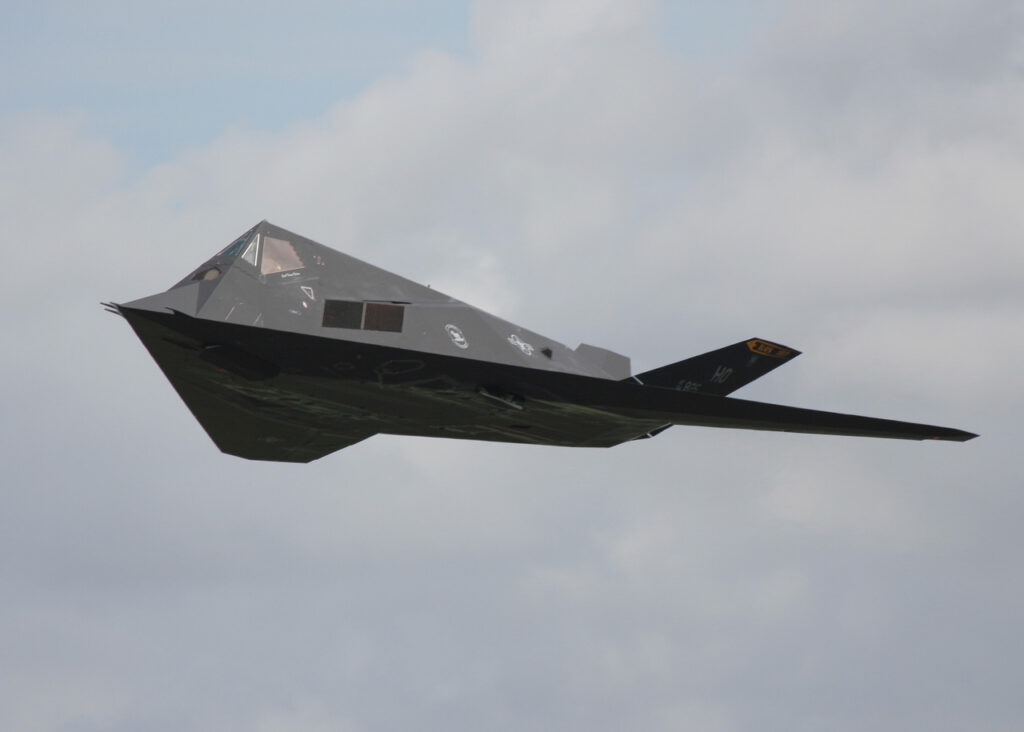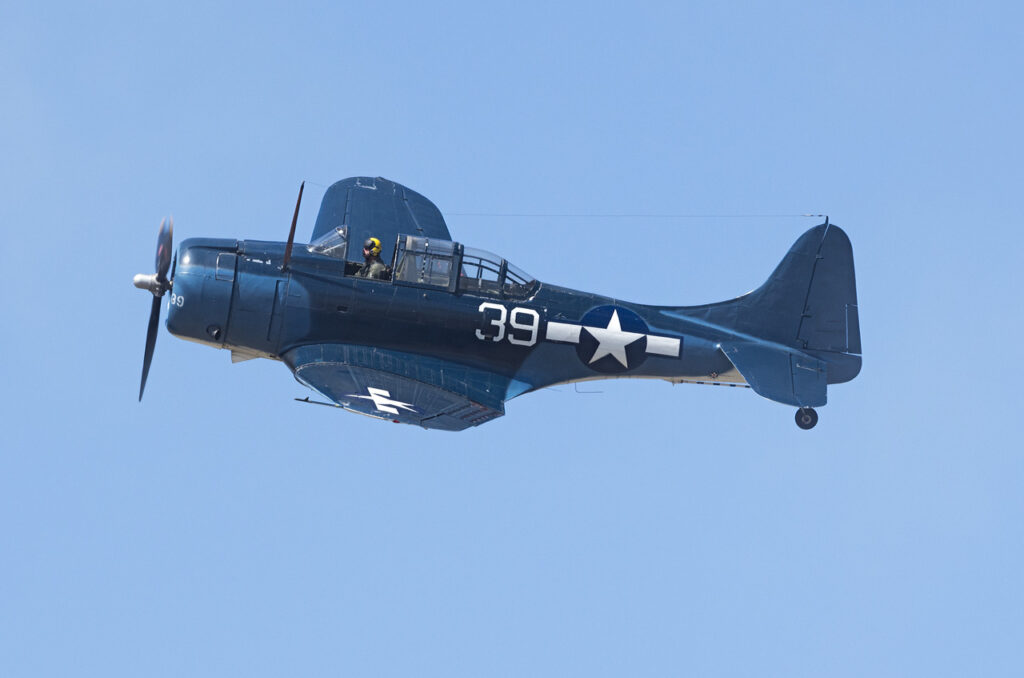
JH-XX: China’s New Stealth Bomber Can Be Summed Up in 3 Words
One Giant Mystery: China’s stealth bombers, particularly the Xi’an H-20 and the rumored JH-XX, are increasingly drawing comparisons to advanced U.S. platforms like the B-21 Raider.

-The H-20, a long-range “flying wing” bomber, could challenge U.S. air dominance in the Pacific, with speculation that the JH-XX may prioritize speed and maneuverability akin to a stealth fighter-bomber hybrid. Likely replacing China’s H-6K bomber, the JH-XX could be capable of both regional strikes and nuclear delivery, enhancing China’s military reach.
-These developments highlight China’s aim to counter U.S. forces in the Indo-Pacific, particularly against U.S. territories and Taiwan.
The JH-XX Mystery Bomber
Much has been written about China’s Xi’an H-20 stealth bomber, which could challenge U.S. air superiority and signal its status as a military power. With a “flying wing” design, the H-20 has earned comparisons to the United States Air Force’s B-21 Raider, which is now in development.
As previously reported, even as details of the H-20 have remained sparse, the bomber has earned the moniker “Storm” from analysts, who have noted that China alongside the United States is one of the few nations possessing stealth strategic bombers. The H-20’s introduction could potentially alter the strategic balance between the U.S. and China, particularly in the Pacific region.

Yet, the H-20 isn’t the only stealth bomber believed to be in development by Beijing. There is also the JH-XX, and though its existence has been confirmed by the United States intelligence community (IC), few details have actually emerged about the aircraft. The mere existence of the bomber set off alarm bells in the Pentagon, and there have been warnings that it could be a fighter-bomber capable of long-range strike and even nuclear weapons delivery.
“The PLAAF [People’s Liberation Army Air Force] is developing new medium- and long-range stealth bombers to strike regional and global targets,” an early 2019 report from the Defense Intelligence Agency (DIA) warned. “Stealth technology continues to play a key role in the development of these new bombers, which probably will reach initial operational capability no sooner than 2025.”
The Pentagon has further speculated that the JH-XX could have a far greater speed for use against regional adversaries to help defend China’s territorial claims in the East and South China Seas. There has also been conjecture that the JH-XX could be used on a carrier, and online experts continue to speculate what capabilities it may offer. It would likely serve as a replacement for the H-6K medium-range bomber, and thus have a combat radius between 1,000 and 2,000 nautical miles – which could still put the U.S. island of Guam within its crosshairs.
More ominously, it would certainly be able to easily strike the self-governing island nation of Taiwan from bases within mainland China, and thus greatly enhance the capabilities of the People’s Liberation Army Air Force (PLAAF).

While few details have been disclosed about the JH-XX, analysts suggest it could likely be closer in design to the Lockheed Martin F-22 Raptor or Lockheed Martin F-35 Lightning II than the still-in-development Northrop Grumman B-21 Raider. Thus it would trade the H-20’s range and payload capacity for faster speed and some have even theorized even enhanced dogfighting potential.
The JH-XX could also be similar to the proposed FB-22, a bomber variant of the F-22 Raptor fighter. Though the F-22 does not have long-range bomber characteristics, and its operational range is only 600 miles, the upscaled FB-22 called for an airframe that could carry 15,000 pounds of weapons. It also is widely believed that Chinese hackers stole some of the designs of the F-22, as well as the F-35, so it may be safe to speculate that Beijing is now building on a design that the United States Air Force passed on.
Author Experience and Expertise: Peter Suciu
Peter Suciu is a Michigan-based writer. He has contributed to more than four dozen magazines, newspapers, and websites with over 3,200 published pieces over a twenty-year career in journalism. He regularly writes about military hardware, firearms history, cybersecurity, politics, and international affairs. Peter is also a Contributing Writer for Forbes and Clearance Jobs. You can follow him on Twitter: @PeterSuciu. You can email the author: [email protected].
All images are Creative Commons and/or Shutterstock.


